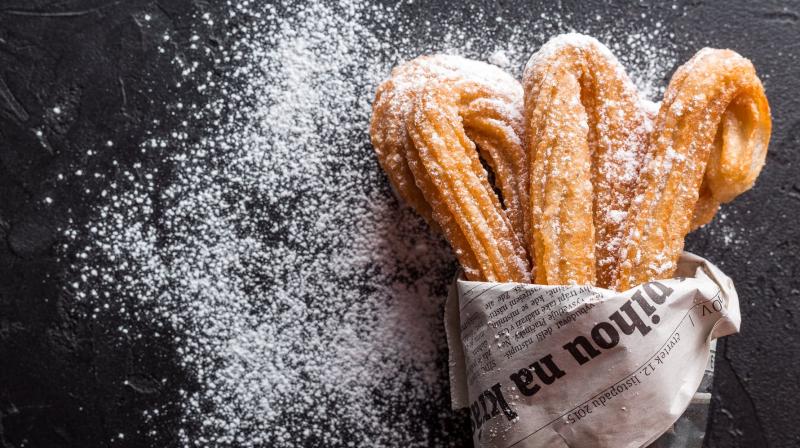Know your sugar substitutes: Aspartame, sucralose, saccharin and stevia

We read everyday about the studies that outline the ill effects of sugar. It is common knowledge that sugar promotes obesity, diabetes, heart disease, etc.
Till 2015, there were around 415 million diabetics in the world, with India reporting around 69.1 million cases, as per the International Diabetes Federation.
The harmful health effects of sugar has led scientists around the globe to scout for sugar substitutes.
The first sugar substitute was found in 1970s (Saccharin). But do we know what we are opting for when we talk about sugar-free? Is it a good bargain to opt for the sugar substitutes? We need to know more about the most common sugar substitutes – saccharin, aspartame, sucralose and stevia.
While saccharin, aspartame and sucralose are artificial sweeteners, stevia is a plant based zero calorie sweetener. There have been many studies on the effect of sugar substitutes and if we know the facts, we can make an informed choice.
Saccharin: The first artificial sweetener to be synthesised, it is just another form of sugar, only difference being that it doesn’t give an instant rush of energy. Saccharin, too, eventually gets converted into glucose in the body, negating the effects of avoiding sugar. So a definite avoid for diabetes patience and people who are on a diet.
Aspartame: Another popular sugar substitute, it was not approved until 1981 due to numerous conflicting studies linking it to cancer.
Since then, it has been connected to a variety of neurological symptoms, including headaches, panic attacks, visual hallucinations, manic episodes, mood changes, and dizziness.
Additionally, aspartame is known to contain phenylalanine. Excessive phenylalanine consumption has been known to cause more serious neurological side effects, including intellectual instabilities, delayed mental and social skills, hyperactivity, seizures, and jerking movements of the arms and legs.
This is the reason why we see warning labels on products containing aspartame - it is not be used by pregnant women or by those who suffer anxiety attacks or have high blood pressure or some cancer patience, etc.
Sucralose: Sucralose has been linked to the fewest negative health effects. Studies have shown no negative effects on the thymus and did not find any possible carcinogenic, reproductive, or neurological side effects. Some global studies on obese subjects suggest, sucralose was shown to lead to peak plasma glucose levels and increased insulin secretion.
So does that mean there’s no escaping the harmful effects of sugar? Thankfully, no.
Stevia: It is a zero-calorie, zero-fat and 100% natural plant based sweetener.
A few areas closer home know if as meethi patti, meethi tulsi or madhu patra. Once the potential of stevia was discovered and once the highly purified stevia leaf extract became available, several tests and clinical studies were completed, testing every aspect or side effect of the plant extract, from its impact on blood sugar level to whether it’s carcinogenic or not.
Satisfied by the results, various food safety agencies around the world approved the use of stevia as a sugar substitute. Stevia has been found safe, even for diabetics, children and pregnant women. Stevia is being used by a lot of FMCG brands to reduce sugar content in carbonated drinks, chocolates and other foods and beverages. This reduces empty calories and makes the food or drink healthier.
The next time you pick up a sugar substitute or a sugar-free item, read the label carefully and be sure not to be fooled.

